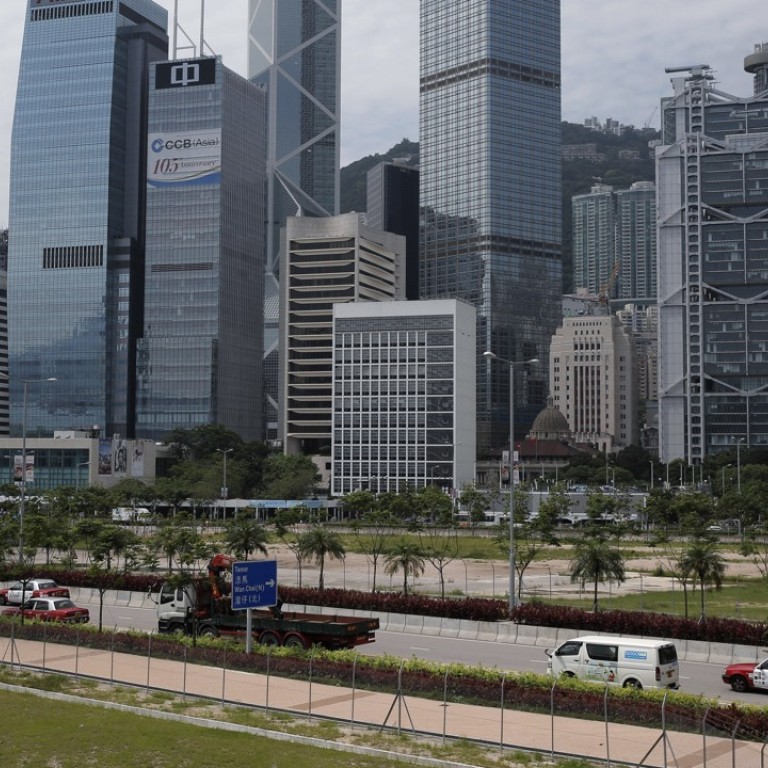
Impact of road work should be minimised
Navigating Hong Kong’s roads is difficult enough without maintenance and installation work dragging on longer than they should
Navigating Hong Kong’s roads can be a challenge.
You have to be exceptionally tolerant not to be upset by the seemingly incessant excavations that obstruct vehicle and pedestrian traffic across the city. Road work is perhaps unavoidable in any modern city.
While regular maintenance and installation is one thing, red tape and slack coordination is another.
Credit goes to the government auditors for putting the problem into perspective.
The good news is that the amount of road work has decreased in recent years. The number of permits issued by the Highways Department decreased from 13,297 in 2010 to 8,921 in 2016, according to the Audit Commission.
But the bad news is that delays in completion have also become more common, with the number of permits given extensions jumping 78 per cent to 1,293 during the period. The duration of work has also become longer, nearly doubling from an average of 48 days to 91 days.
The excuses were all too familiar, such as inclement weather and unforeseeable conditions. But they do little to ease the grievances of those who have to put up with the delays. Two extreme cases under the Water Supplies Department were delayed by about 15 and 16 months as a result of bad weather, work adjustments or traffic impact assessment.
A Housing Department project also dragged on for 15 months, partly because the key underground water pipe could not be located.
Also to blame is the ineffective policy of requiring excavators to coordinate and avoid overlapping in the same area.
The auditor found that of the 8,909 proposed work plans that required coordination as of last November, nearly half had remained uncoordinated for more than two years.
Separately, shoddy excavation work has been rising, forcing the government to refuse reopening the affected road sections more often. Of the 6,779 projects rejected pending rectification, about 38 per cent remained outstanding for more than two years.
The problems are not just about causing nuisance or inconvenience to commuters. The delays have economic and safety implications. Officials must work harder to ensure that our roads are not dug up longer than necessary.

